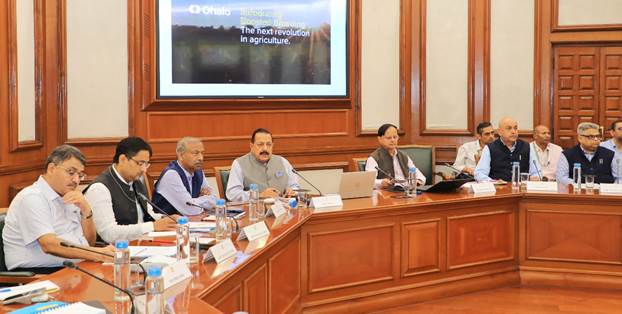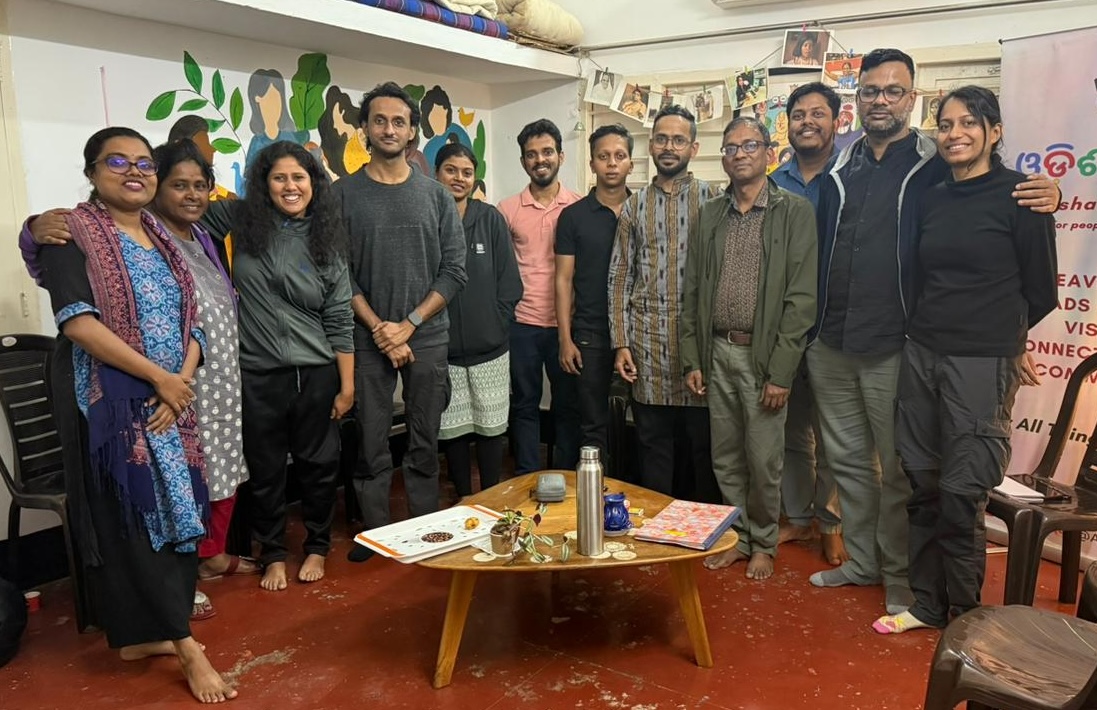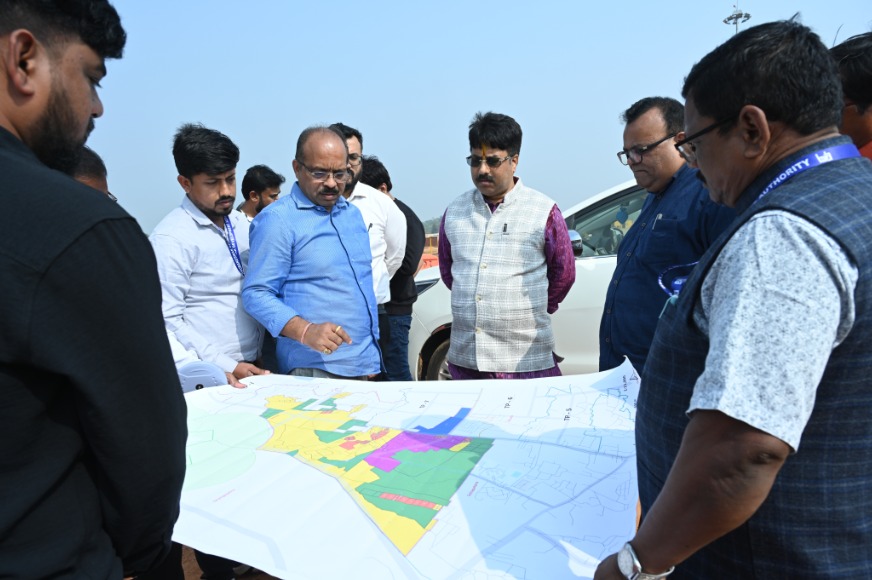New Delhi: Dr. Jitendra Singh, Union Minister of State (Independent Charge) for Science and Technology, highlighted the imperative need for the optimal use of Artificial Intelligence (AI) in government operations during a special session organized for the staff of the Prime Minister’s Office (PMO) at South Block. The session aimed to enhance efficiency and productivity through AI, showcasing its potential to revolutionize governance across various departments.
Participating officials, ranging from Section Officers to the Principal Secretary to the Prime Minister, gathered for a collaborative learning experience that broke traditional hierarchical barriers. This unique assembly included senior officials like Principal Secretary P.K. Mishra and PM Advisors Amit Khare and Tarun Kapoor, all exploring advanced AI concepts together.
During his address, Dr. Singh emphasized AI’s capability to automate routine tasks, enabling government officials to concentrate on strategic governance areas. He pointed out the transformative impact AI could have on sectors like healthcare, agriculture, and public service delivery, ensuring more efficient operations and a responsive approach to citizen needs.
The session was part of the ongoing “National Learning Week” under Mission Karmayogi, a capacity-building initiative led by Prime Minister Narendra Modi aimed at equipping government employees with the necessary skills to navigate the complexities of modern governance. Dr. Singh commended the Prime Minister’s vision for fostering a collaborative and inclusive learning environment where traditional hierarchies dissolve in favor of collective growth.
The Minister stressed the importance of deploying AI responsibly, underscoring the need to protect data privacy in sensitive government functions. “While AI has immense potential, it must be implemented cautiously to ensure confidentiality and data security,” he stated, calling for robust security measures to protect AI systems from cyber threats. He also addressed the ethical implications of AI, advocating for fairness and transparency to avoid biases in decision-making.
Participants engaged in discussions on AI’s potential to advance national infrastructure, security, and economic growth. The session fostered open dialogue on leveraging AI to strengthen India’s digital backbone, enhance public service delivery, and support sustainable growth. A significant highlight was the proposal to establish India’s first practical AI data bank, anticipated to accelerate technological development over the next decade.
Experts discussed how AI could contribute to building smart physical and digital infrastructure essential for India’s long-term growth. They highlighted AI’s potential to reshape national security and public infrastructure, calling for innovation in front-end technologies—key areas for enhancing India’s capabilities.
The session also explored AI’s ability to drive industrial transformation, improve education quality, and create employment opportunities. Participants emphasized the need to scale successful AI applications, particularly in manufacturing and healthcare, to maximize benefits for a broader population.
Addressing geopolitical challenges, the discussions noted the influence of AI technologies on global power dynamics. Participants stressed the importance of developing an AI framework that responds to these changes, ensuring India remains competitive on the global stage.
Concluding the session, Dr. Singh outlined a vision for India in 2035 and beyond to 2047, emphasizing citizen empowerment through AI. He called for an inclusive AI ecosystem that supports growth and equitable development across all societal sectors.
As part of the Prime Minister’s directive, the National Learning Week encourages participants to commit to at least four hours of competency-based learning during the week. Dr. Singh reiterated the government’s commitment to harnessing AI for nation-building and urged all government officials to seize the opportunities provided by Mission Karmayogi, which aims to redefine governance by fostering inclusivity and equipping India’s bureaucracy with the tools needed for the future.





